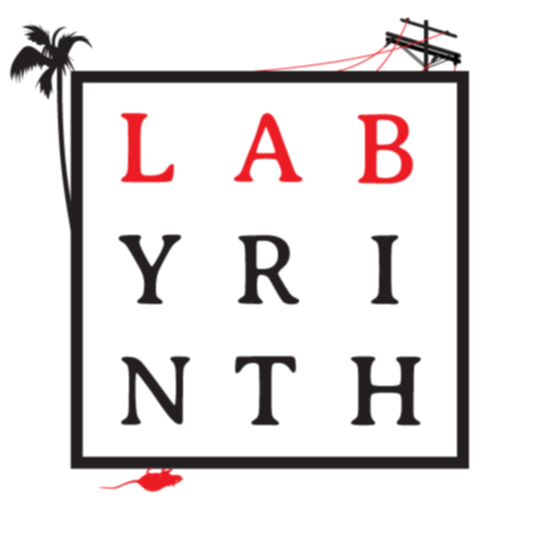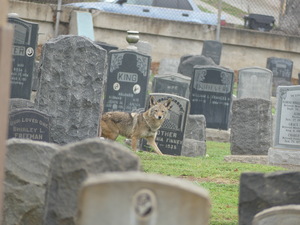For much of the 20th Century, the United States government waged war against the coyote and other North American predators like wolves, bears and mountain lions. Total extirpation was the aim. States paid bounties to private citizens who could prove their kills – the cost of which at one point made up two-thirds of the total Montana state budget. It was common practice for federal employees throughout the West to “pre-bait” the ground with fat cubes and meat and then to shoot a horse in a selected spot, lace its carcass with poisonous strychnine tablets, and wait (Flores 2016). One of the US government’s prominent predator hunters reported the possibility of killing up to 350 coyotes in less than ten days by these methods. Exceedingly efficient killing of large carnivores and other pesky vermin animals is one of the most striking signatures of settler colonialism in the US and also in Africa (Heydinger 2020). Even though total eradication is not today a goal, the Department of Agriculture’s Wildlife Services still killed 512,710 coyotes between 2006 and 2011, (Flores 2016, 173).
The City of Los Angeles stopped killing coyotes in 2004. In part it was the exhaustion of the people who did the killing. It doesn’t make any difference. Though wolves were essentially eliminated from the lower forty-eight states by mid-Century, the coyote escaped extinction. To this day coyotes are expanding across the continent. Historically ranging in the plains and deserts of the North American West and Southwest, today the coyote can be found as far north as the boreal forests of Alaska and as far south as the Costa Rican jungle (Hody and Kays 2018 (p. 81-97)).
References
Flores, Dan. 2016. Coyote America : A Natural and Supernatural History. New York: Basic Books, a member of the Perseus Books Group.
Heydinger, John. 2020. “‘Vermin’: Predator Eradication as an Expression of White Supremacy in Colonial Namibia, 1921-1952.” Journal of Southern African Studies 46 (1): 91–108.
Hody, James W., and Roland Kays. 2018. “Mapping the Expansion of Coyotes (Canis Latrans) Across North and Central America.” ZooKeys 759: 81–97.

